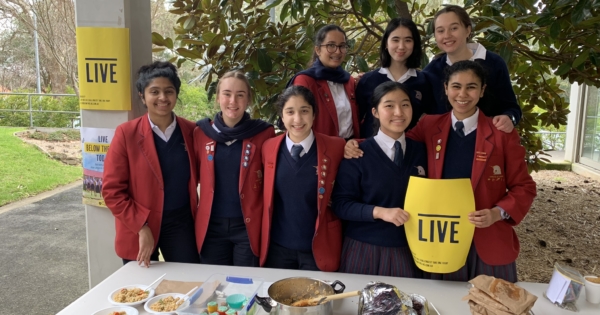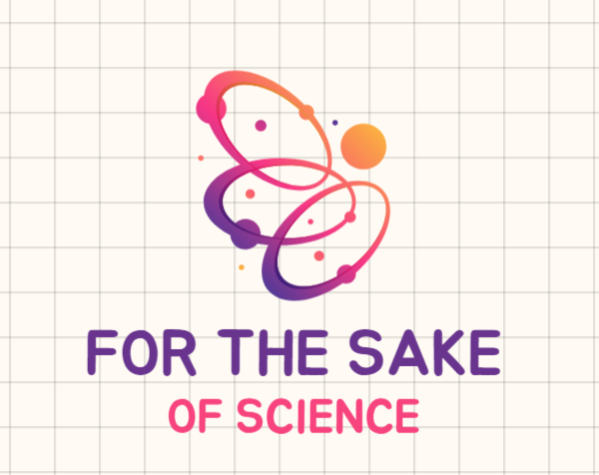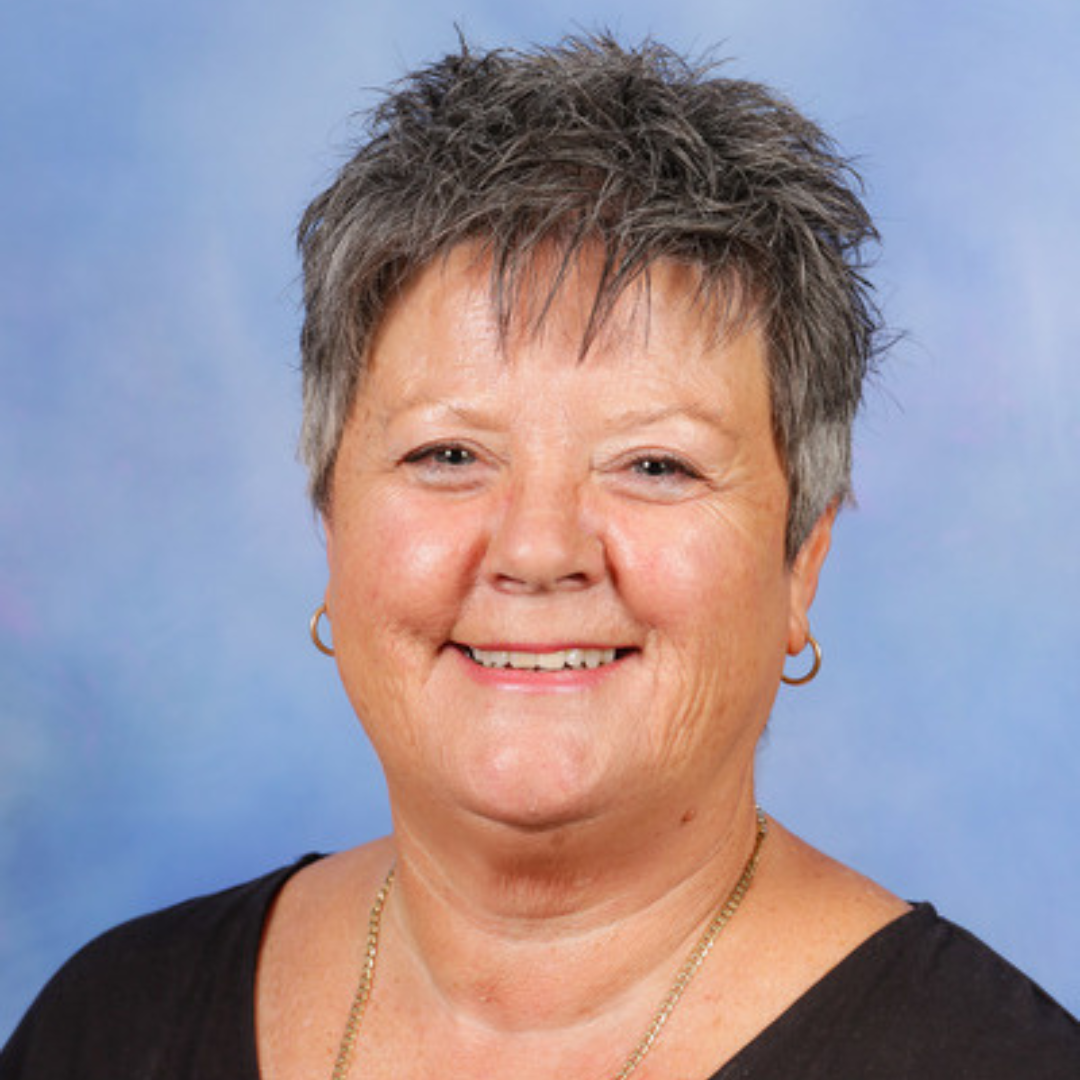
The needs of an Adolescent
There is a lot of literature circulating about the needs of adolescents’. Biddulph accuses us of preparing our adolescents to ‘take on the world’ but in doing so, immersing them in a world ‘which is inhumanely busy, with little time left for nature, affection, dreaming or creating.’¹ Sifting through much of this information has led to the conclusion that schools can and should acknowledge this deficit. With carefully considered social and emotional wellbeing programs, we have the opportunity to provide what our girls need to be empowered, well-balanced young woman. Underlying the success of such programs, four basic needs are required, to ensure our daughters’ thrive.
Vision– some refer to this as a sense of purpose. This is aptly depicted in an old Hebrew poem
‘Like arrows in the hand of a warrior, so are the children of one’s youth. Happy is the man who has his quiver full of them.’²
An arrow is useless if it does not have a target, a destination. The same may be said of our youth. They need guidance, direction and to be well informed. As educators, I believe we must help students identify their strengths and then present the pathways, which will enhance these. The path a student takes may have sharp bends or maybe even end in a ‘no through road’ but this is why the next basic need is so important.
Encouragement/support– this is crucial for the child to know that they can change direction. The path is not fixed and is laden with self-exploration at each turn. Children need to know that they have someone in their corner. Someone who truly believes in them to be all they can be. They should feel empowered to step forward with confidence knowing that failure is a possibility but that they are well equipped to deal with this.
Failure is okay– our society is so focused on success that children hear very little of the hardship that faces most people, even those who we perceive as successful. It is important that children experience failure and I would argue more so during their schooling years. At school, they are protected by a safety net of care and genuine support. As adults, we should share our failings with our children. This allows them to see that it is okay and that even adults fail. It is in not learning or growing through our mistakes that we really ‘fail’. When we reflect and learn from our mistakes, we are experiencing real growth.
Be present– I believe that it is crucial that we are fully in the present when we speak with our children. Time is often the hardest commodity to provide and yet all the research suggests that spending time with our children raises their sense of belonging. I am guilty of reading emails while my daughter tells me about a lecture. No matter how long you spend with your child, be present, and be in the moment. They should not have to compete with our phones or the television for our attention. I know that this is easier said than done. Ironically, our mobiles can connect us with people anywhere around the globe and yet just as efficiently disconnect us from the person right in front of us.
Finally, I believe that as an educational institution we must provide a safe haven for our students. Parents are time poor so it is our responsibility to listen more actively, take the time to hear their concerns or problems and to offer probable alternatives. It is important that when the St Margaret’s girl comes to school she knows that it is an extension of her home. The values are the same. She feels empowered to be courageous and take risks. Curious to ask the questions that intrigue or even worry her. Respected for the young girl that she is and the woman that she is becoming. All the while knowing that she is developing a sound character which will face the challenges that the world can and will present. St Margaret’s has been empowering women since 1926 and will continue to do so well into the future.
Mrs Deborrah Francis
Head of Senior Girls, Wellbeing
- 10 things girls need most, Steve Biddulph 2017
- https://biblehub.com/psalms/127-5.htm
Girls will be Girls, Joann Deak 2002






